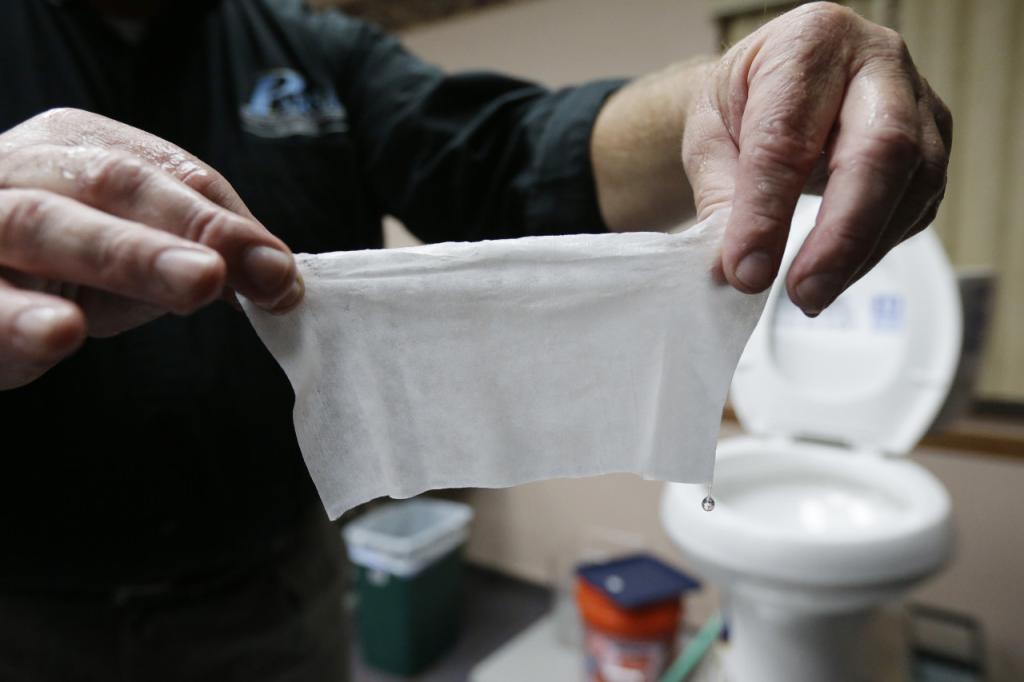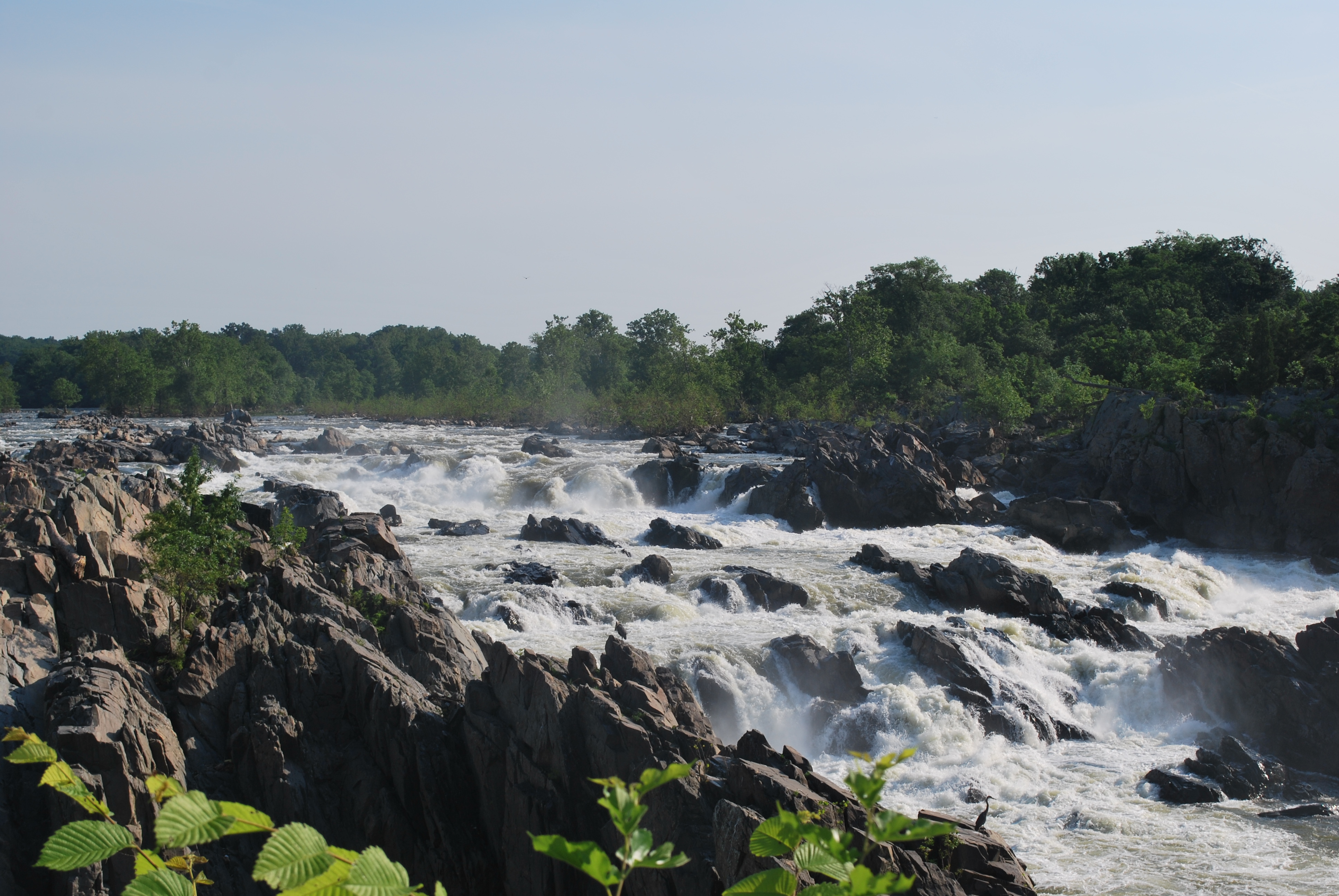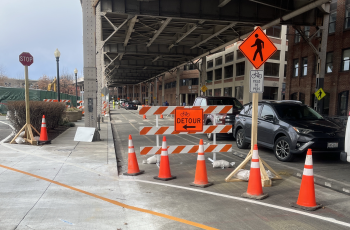The Unflushables

Every time the topic of flushable wipes comes up, I’m reminded of this scenario:
A wastewater employee is discussing flushable wipes during an educational event. She holds up a package of wipes and asks a young girl in the audience,
“Do you think it is ok to flush these wipes?”
“Of course”, says the young girl proudly. “It says so right there on the label!”
“I’m sorry, but you’re wrong” says the employee. “These wipes shouldn’t be flushed because they can clog up our sewer system.”
“Well then who let them put that label on there? That’s just wrong!” retorts the young girl.
She’s right and now the DC Council is trying to do something about it, by introducing a bill that would keep wipes from being labeled as flushable unless they really are flushable.

I was honored to be able to testify during the first hearing on this bill on October 24thalong with my colleagues from the National Association of Clean Water Agencies (NACWA) and the District Department of Energy and Environment (DOEE).
You can read my prepared testimony here. I would also highly recommend you read the very thorough testimony of Cynthia Finley, NACWA’s Director of Regulatory Affairs. You can also watch the hearing in its entirety below.
Technically, flushable wipes can be flushed down the toilet. But as we all know, just because you can do something, doesn’t mean that you should. Flushable wipes aren’t dispersible, which means they don’t break down when they are flushed down the toilet like toilet paper. A wipe that gets flushed down the toilet will look almost exactly the same going in as it does going out. Wipes can also bond with fats, oils and greases, to create large “fatbergs” in sewer pipes. These fatbergs can block the flow of wastewater causing sewage to either back up into people’s homes or overflow, untreated, into our streets or waterways.
In 2014, we had to remove almost 2,400 tons of debris from the sewer lines around the Kennedy Center. Wipes were on the leading edge of all of that debris forming a dam and keeping the clog in place. Wipes can also wrap around sewer pumps and grates causing them to fail. The picture below shows a massive clog that was pulled out of the Upper Anacostia pumping station. Our operations and maintenance teams spend significant time and energy fighting these massive clogs in our pump stations and at the Blue Plains treatment plant. The cost for removal and repair can run in the hundreds of thousands of dollars, a cost which is ultimately paid by our ratepayers.

So why is it these wipes are allowed to be marketed as flushable? One of the problems is that a standard for flushability hasn’t been adopted in the US. The wipes industry will argue that they do meet a standard of flushability, but the problem is that they invented the standard. That’s right. They proudly proclaim they meet standards for flushability even though they created their own standard that no one in the wastewater industry signed on to. There is no independent verification or assessment of what is flushable. That determination is made by the same companies that gain the benefit of then labeling the product as such and selling and making money from it to the public.
That’s kind of like doing your own performance review and giving yourself a raise because you did such a great job, or a drug company selling a drug confirming that is satisfies some safety standard established by that same drug company making money from the product.
Make no mistake, by the way, I applaud and encourage the business people of the United States to make money and sell good products. I admire private enterprise and want companies and the people who work for them, or buy their products, to do well by doing good.
That is a different story than an industry self-proclaiming a standard for their product that they then sell to make money – when the standard is FALSE and imposes costs on other unsuspecting organizations and people.
The National Association of Clean Water Agencies, or NACWA, just issued an international policy statement with key points on what should be included in a standard. Over 200 organizations across the globe have signed on in support of this statement. I’m proud to say that DC Water is one of them. Unfortunately, the wipes industry doesn’t agree, believing the standard is too restrictive.
The reality is that wipes that meet these standard do exist – overseas. Unfortunately, they aren’t widely available here in the US. This proves that the technology does exist to make wipes that will meet a real standard of flushability, but it requires the industry to make a change in the way they are manufactured. Until legislation is passed to encourage this type of change, it is hard to believe that any wipes manufacturer will voluntarily change their processes and produce a product that is dispersible.

Perhaps the more confusing argument of the wipes industry against proper labeling is that only a small portion of what clogs wastewater systems is flushable wipes so we shouldn’t spend the time and effort regulating them. I keep trying to wrap my head around the logic in this, but I simply can’t do it. Why not just label them correctly in the first place so that people know they shouldn’t be flushed? Flushable wipes are the only products found in clogs that are marketed and sold as flushable when they clearly are not.
And that’s exactly what the DC Council is trying to do with Bill 21-0833. This bill will require wipes to actually be flushable in order to be labeled as such. This doesn’t mean that existing products can’t be sold, it just means they would have to be labeled with a “do not flush” label unless they actually are flushable. I applaud Councilmember Mary Cheh for introducing this groundbreaking legislation. This once again proves that our City that is on the leading edge and taking action that will protect our wastewater system and our community from a problem that is completely preventable. All it takes is a label.
For more information on what you can do to protect your pipes, please visit www.protectyourpipes.org.





